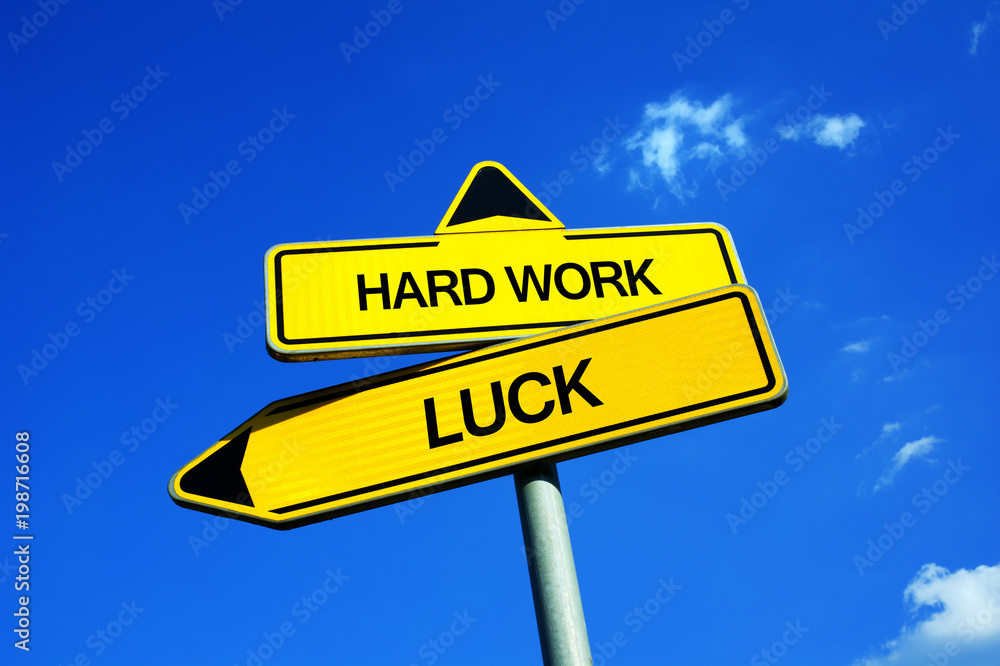By Victoire Heyworth, Year 12
In Malcom Gladwell’s Outliers, he explores the way we perceive “success” and how we are misleading each other into stupidity.
By underlying the importance of various details in our lives, we are misled into choices of greater importance.
Take hockey players. Reporters asked hockey players in the NHL how they believed they got into such a high level of their sport. The main answers were: determination, hard work, perseverance, you name it…However, studies show that the main reason for their high levels was being born in January. Yes, I know it sounds absurd. If you are born in January, you will automatically be placed in a higher level (the kids one year older than you), leading you to have more training, being pushed at higher levels, and hence to become a better player when reaching higher leagues.
This goes to show that the successful players’ success didn’t come from just hard work, but that it also came from luck.
Mr. Gates, for example, attended an elite Seattle private school that installed a computer terminal in 1968, keeping in mind that this was almost unheard of at the time and that it was not just any computer, it was the latest, most refined technology of their time. If Bill Gates’ parents had lacked the financial wherewithal to send him to that school, or even if he had been born later, he would have probably not sought an interest in computers, and therefore wouldn’t necessarily have accomplished what he did.
According to research, it requires 10,000 hours of your time to become an expert at something. The Beatles, for example, were one of the most influential bands of the 20th century. Hired in Hamburg, they were forced to perform for long periods night after night, making their 10000 hours reachable and accessible. Over the span of 4 years, they performed live over 1,200 times, amassing a large playing time, exceeding well over the 10,000 hour rule. Most bands don’t play 1,200 hours in their entire careers, so this was obviously a determining factor in their success.
We all know that Western countries are less performant in maths test scores than Eastern countries, specifically China. Malcolm Gladwell suggested that in cultures where rice paddy farming was important, students tended to have a better work ethic. As well as rice paddy farming, the Chinese language has very short words for numbers, facilitating memory and cognitive ability to conduct mental problems.
In conclusion, you are not a product of only your work, determination, and drive. You are also the result of being at certain places at certain times. Chinese students don’t necessarily surpass other cultures in terms of intelligence, but history, culture, and certain connections are shown to make them more favourable to enjoy maths, and therefore produce better results. Bill Gates was of course a gifted child, but his early access to computers was purely dependent on his financial and geographical situation.



